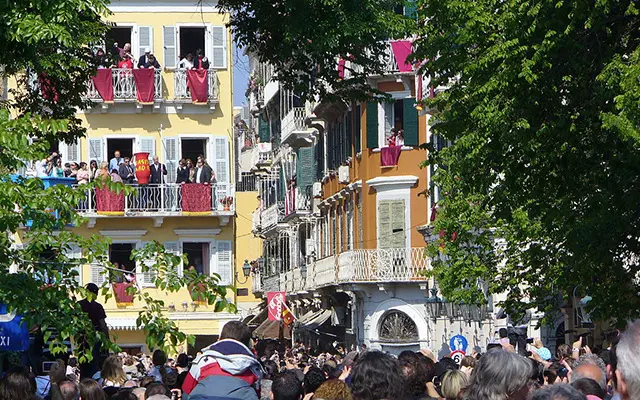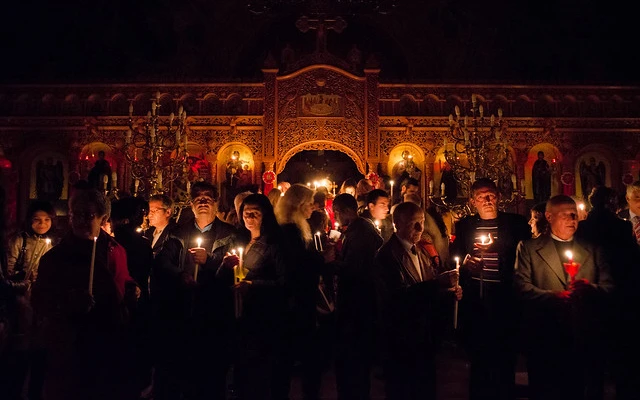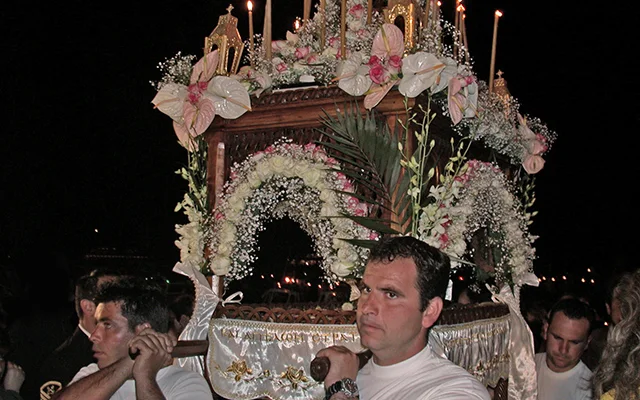What is the Orthodox Easter & its' significance
Explore the great significance and the important role of Easter, the fundamental celebration of the Christian Orthodox Church.
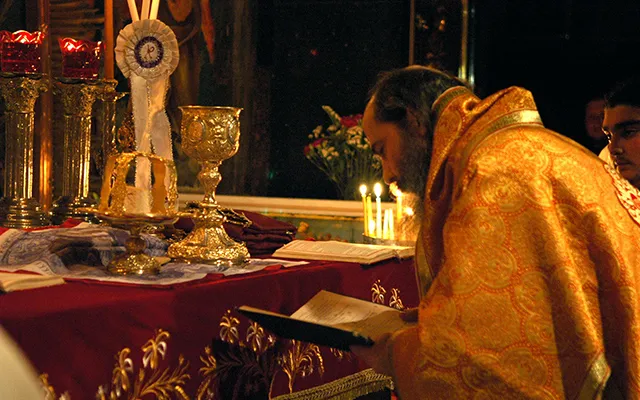
Pascha and the significance of Christ’s resurrection is a central element in Orthodox faith. A closer look into the origins and the historical context of the feast promises a deeper understanding of the cultural and religious characteristics of the feast.
Religious approach
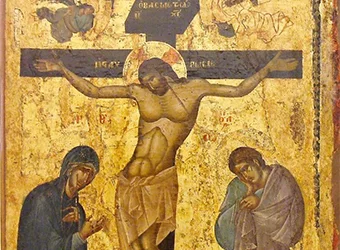
Eastern Christianity embraces the meaning and the symbolization of Pascha as one of its main fundamental pillars. The love of God is expressed through the ultimate sacrifice of Jesus Christ and the resurrection depicts the defeat of the darkness of death and sin.
The symbolic messages of forgiveness, patience, hope as well as the endless effort to be released from sin are the core elements of the feast. For Orthodox Christians, Pascha represents the ultimate fulfillment of God’s plan to save the world from sin. And for this reason, it is celebrated as the most significant festivity of the year.
Historical origin
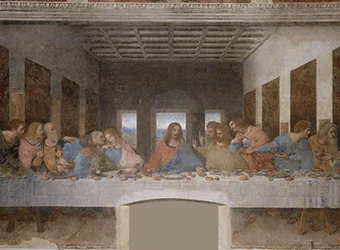
In biblical terms, Pascha is first observed as a Jewish feast commemorating the liberation of Jewish people and their Exodus from Egypt. Pesach means Passover in Hebrew and implicates the intervention and help that was offered from God to the Israelites so they could leave Egypt, pass the Red Sea, and gain their freedom.
The Christian Easter is linked to the Jewish Passover through the Last Supper which was the typical Passover meal where Jesus chooses to prepare his disciplines for his death. On this way, the first Jewish Christians set up the celebrations of Christ’s resurrection in relation to the Passover.
Origin of the word
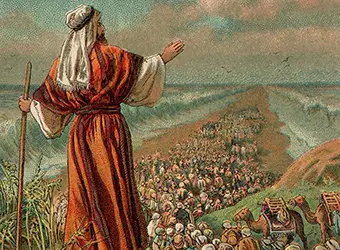
The English word of the feast is Easter. It derives from the German Ostern and refers to the name of an old English month (Eastrun) corresponding to April. It is also related to an old deity with a similar name whose honorary celebrations were taking part in this period of the year.
On the other hand, the name of this Christian celebration is Pascha. Pascha derives from the Aramaic Paskha and the initial use was related to the Jewish festival of Passover (Pesach). It was at 50 AD when Apostle Paul used the term referring to Jesus passion, death, and resurrection.
The pagan connotations

As mentioned before, the etymological roots of the English word Easter, draw to the month Eastrun and the English pagan celebration that was taking place during spring. Some other scholars argue that the origin of Pascha is older than the narrative of the Jewish biblical period and relate it to the nomad celebration of the full moon during the spring equinox.
Even today, according to the Christian approach, Easter is described as the ultimate springtime and “rebirth opportunity” for humans. This can be observed as a potential connection between the Christian celebration and older pre-Christian feasts which were celebrating spring and nature’s rebirth. In any case, Orthodox Churches recommend the use of the word Pascha that comparing to the Germanic Easter has less pagan connotations.
